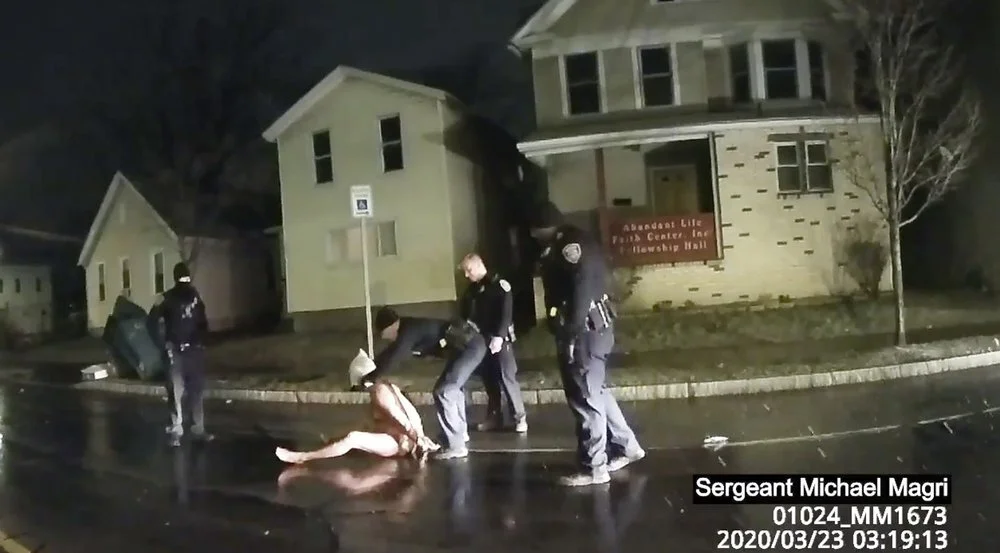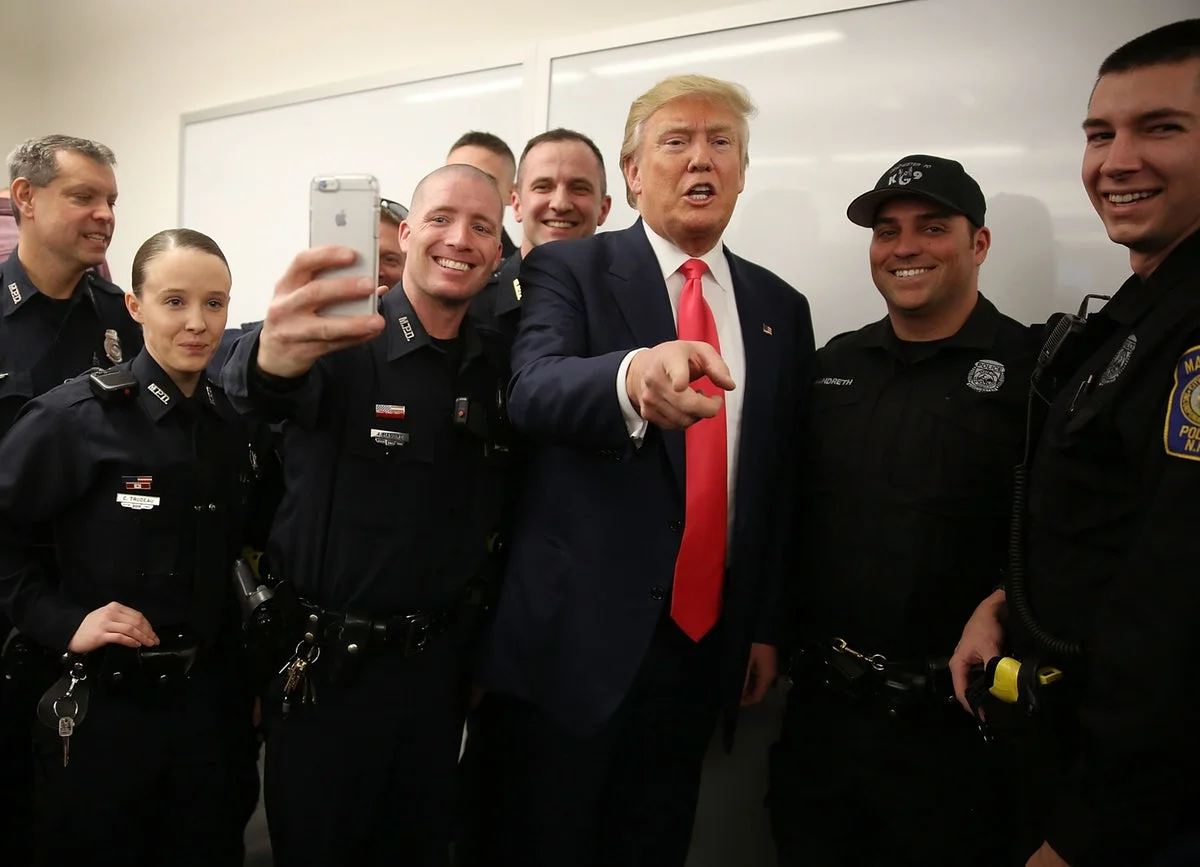Independent investigations into police killings are supposed to circumvent the apparent conflict of interest that often prevents local prosecutors from bringing charges against local officers. But they don't seem to be any likelier to result in charges, because the law is stacked in favor of police regardless of who's investigating.
Read MoreIn the storm of protests after the murder of George Floyd, many say that having more African American and Latino officers will reduce police violence and force used against people of color. Will it?
Read MoreEarlier this month, police killed four people on a South Florida highway: two robbery suspects, their apparent hostage, and a bystander. Whether they were right to do so is being fiercely debated. But as Dave tells the Washington Post, the key question is whether the officers' actions were in line with department policies.
Read MoreDonald Trump's reelection campaign isn't exactly touting his criminal justice platform, but it's not hard to read the tea leaves on what a second Trump term might look like.
Read MoreA federal judge says Seattle's new contract with police puts the city out of compliance with a 2012 consent that was supposed to make officers more accountable for use of force. We'll be watching this one closely.
Read MoreIn the last five years, we’ve seen case after case of police killing unarmed civilians – even people running away. Usually, officers do not face charges; when they do, juries often acquit them. Does the law governing police use of
force favor police?
As discussed recently on Criminal Injustice, California may soon revisit the "reasonable objective officer" standard for use of force by police. The story caught the attention of NPR's Martin Kaste, who called Dave up to ask how that would work. Their conversation turned into a March 12 story on All Things Considered. Hear their full, unedited interview here.
Read More
Michael Rosfeld, the former East Pittsburgh police officer seen on video shooting 17-year-old Antwon Rose in the back as he runs away, has been found not guilty of the unarmed teen's murder. While Friday's verdict angered many and surprised some, it's only the latest in a long string of cases demonstrating the near-impossibility, under current statute and case law, of successfully prosecuting police officers for homicide.
There were high hopes for police body cameras in the wake of Ferguson. But three years later, have they lived up to the hype? A new study says no.
Read MoreFor decades, police in the U.S. have used force under the Supreme Court's rule that they can do as much as appears "reasonably necessary" to accomplish their lawful goals. But after almost two years of national attention on police shootings of blacks, a major police professional organization has proposed -- for the first time -- that police use force less often and with more restraint than is legally required. Is this a turning point?
Chuck Wexler is Executive Director of the Washington D.C.-based Police Executive Research Forum.
Read More









